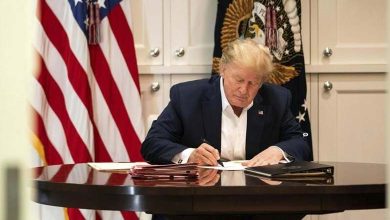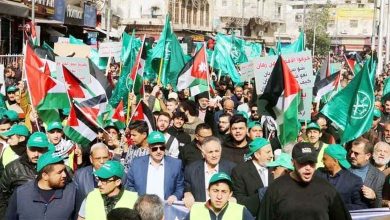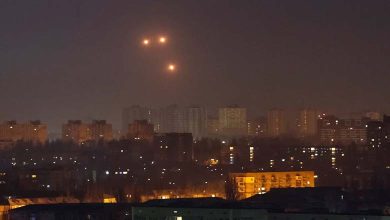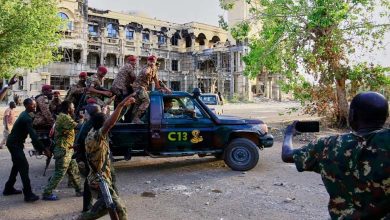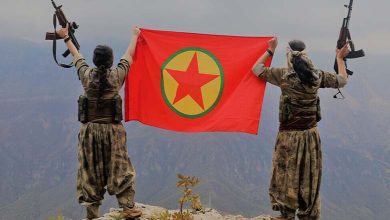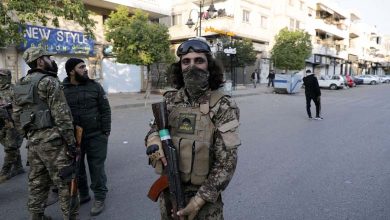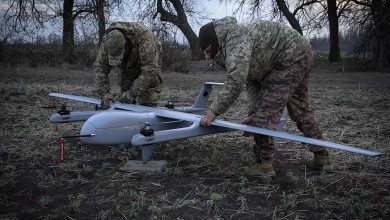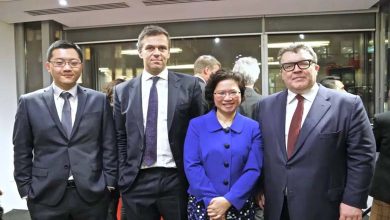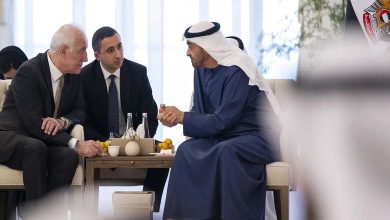Russian Oil Projects in Libya Threaten Western Interests
Russia is seeking to expand its economic influence alongside its military presence in Libya by reviving old projects in the oil sector and launching new projects in the gas sector
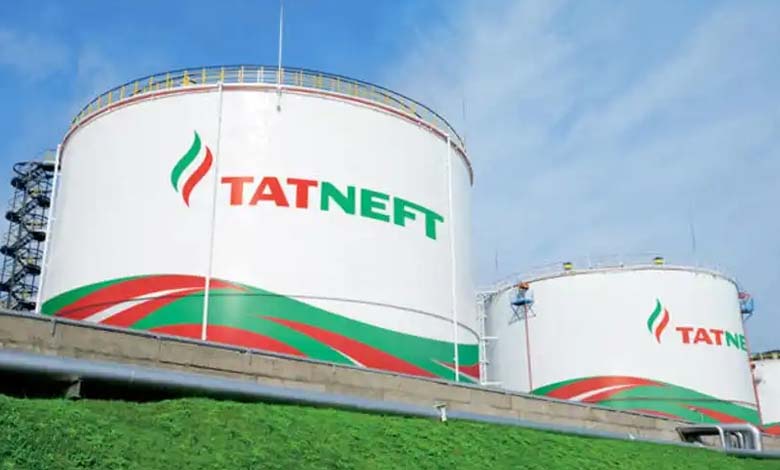
The Russian-Libyan rapprochement is causing increasing concern in the West, which looks warily at Prime Minister Osama Hamad’s invitation, appointed by the House of Representatives, for Russia to build an oil refinery and strengthen its presence in Libya’s energy development through this project.
France’s unease is evident in French media, which have addressed Russia’s expansion in Libya with concern. The French newspaper “La Nouvelle Tribune” highlighted recent statements by Ali Al-Saidi, the Minister of Investment of the government appointed by the House of Representatives, who, on the sidelines of the forum held in Kazan last May, called for strengthening economic partnership with Russia in various fields. He indicated that his government’s contacts with Moscow are ongoing and that eastern Libya seeks to establish a strategic partnership with Russia.
According to the French report, after reinforcing its military presence, Moscow aims to re-establish itself economically, especially in the oil sector. Minister Al-Saidi justified this move by Libya’s need for investments, stating that the country is fertile ground for Russia. He also invited all Russian companies to invest in energy, agriculture, industry, health, and education, while expressing opposition to the American presence in Libya, which is more evident in the west of the country.
According to Russian media, the minister proposed to the “Tatneft” company to build a refinery in eastern Libya, announcing that the land, project, and license are ready. This project has been awaiting implementation for over ten years.
The French source noted that the National Oil Corporation, responsible for energy affairs in Libya, protested against these statements, reminding that it is the only entity responsible for dealing with contracts with international companies. It added that Libya does not need such a partnership, as it is capable of building new refineries with Libyan oil companies.
Libya holds the largest oil reserves in Africa and surpassed Nigeria in April 2024 in terms of production. While aiming to produce two million barrels per day, the country is preparing to issue a series of licenses to global companies operating in this field.
According to many Libyan observers, Russia seeks to expand its economic influence alongside its military presence in Libya. While Russian oil companies “Gazprom” and “Rosneft” are already present in Libya, Moscow is looking to revive old oil projects and launch new gas projects.
The recent competition between Russia and the United States focuses on the Libyan economy, exploiting the local conflict and aligning against each other by building military and economic alliances with major international powers. For instance, Russia is developing its military presence to the extent of starting to build an African military corps in several African countries, including Libya, in parallel with American-European attempts to increase their presence in eastern Libya.
Recently, Moscow invited several leaders of the current authority in Tripoli to discuss bilateral relations, particularly in the economic field. The Vice President of the Presidential Council, Abdullah Al-Lafi, and the Minister of Foreign Affairs of the Government of National Unity, Al-Taher Al-Baour, discussed with Russian Foreign Minister Sergey Lavrov and other Russian officials the prospects of expanding economic companies and activating joint committees in various fields, especially the return of Russian companies to resume their projects suspended since 2011.
In eastern Libya, the acting American ambassador to Libya, Jeremy Brent, visited Benghazi, where he met Khalifa Haftar’s sons, Saddam and Belkacem, to discuss several files concerning security and economic institutions. While Saddam’s activities are predominantly security-oriented, it is noteworthy that Belkacem heads the Libya Development and Reconstruction Fund. Jeremy Brent assured Belkacem of the United States’ support for his fund’s efforts to rebuild and develop Libya, confirmed by the Benghazi municipality, which hosted the meeting.
The Benghazi municipality’s statement emphasized the economic discussions with the American ambassador, noting that the meeting discussed ways of cooperating with American companies to involve them in reconstruction programs in Benghazi and Derna.
These contacts and efforts show that the economy is the main front of the American-Russian competition. While Moscow holds significant participation in reconstruction projects in Benghazi and Derna alongside its military and political weight, it seeks to establish economic ties with western Libyan authorities, especially by activating the 2008 Russian-Libyan friendship agreement, which includes Russian investments worth billions of dollars that eastern Libyan authorities lack the legitimacy to implement.


